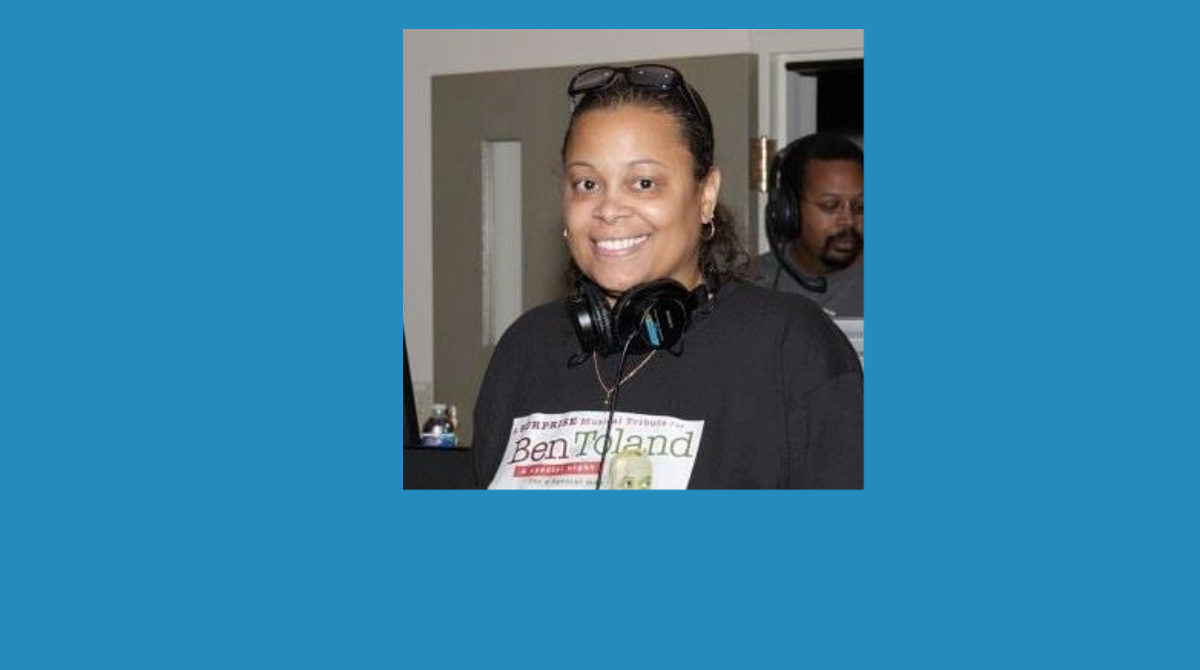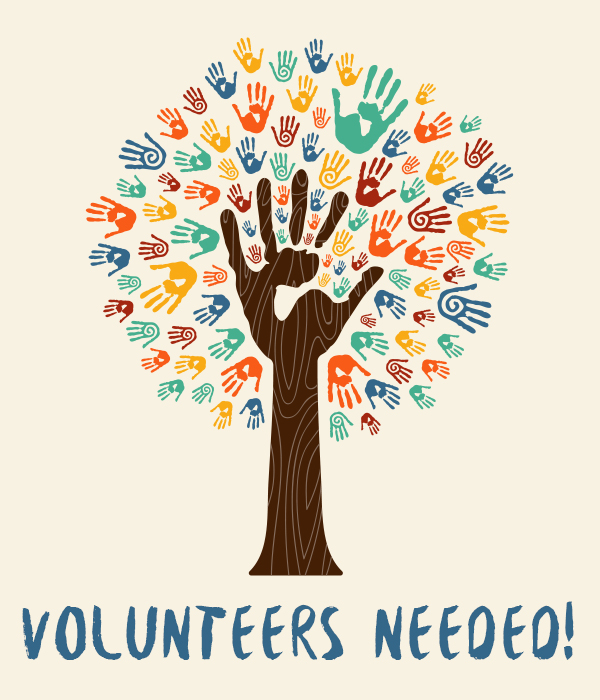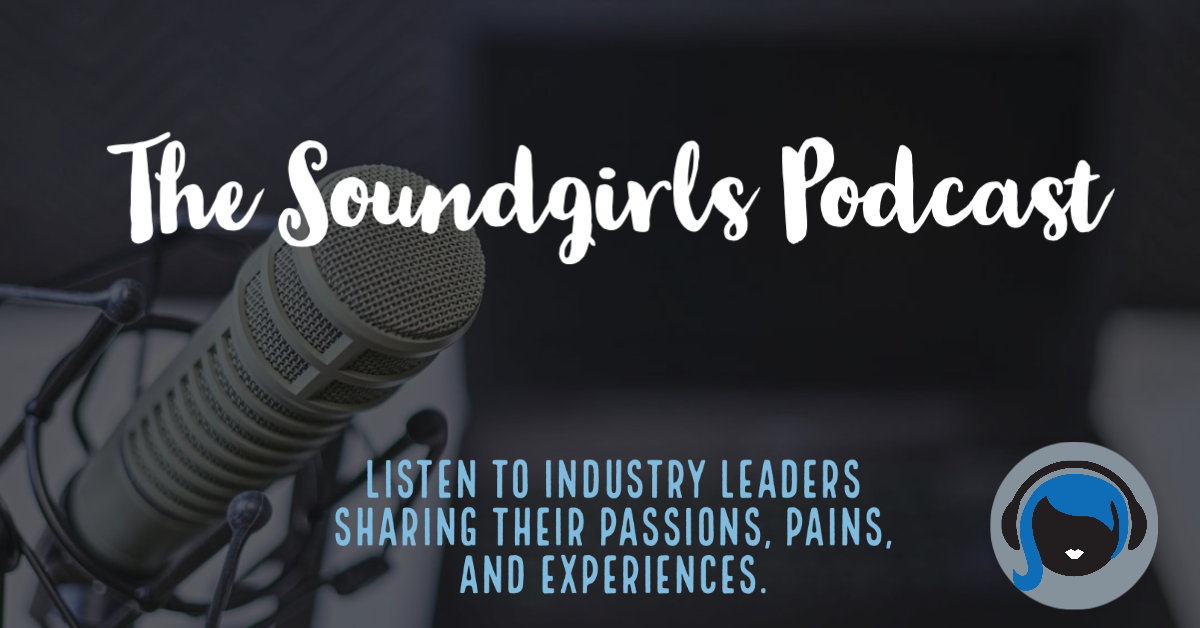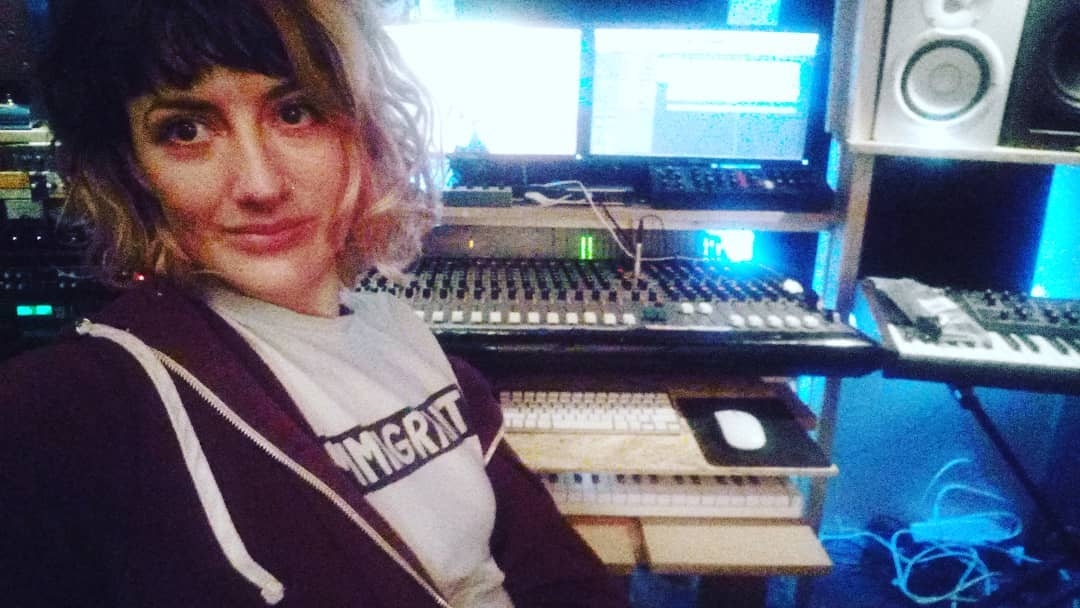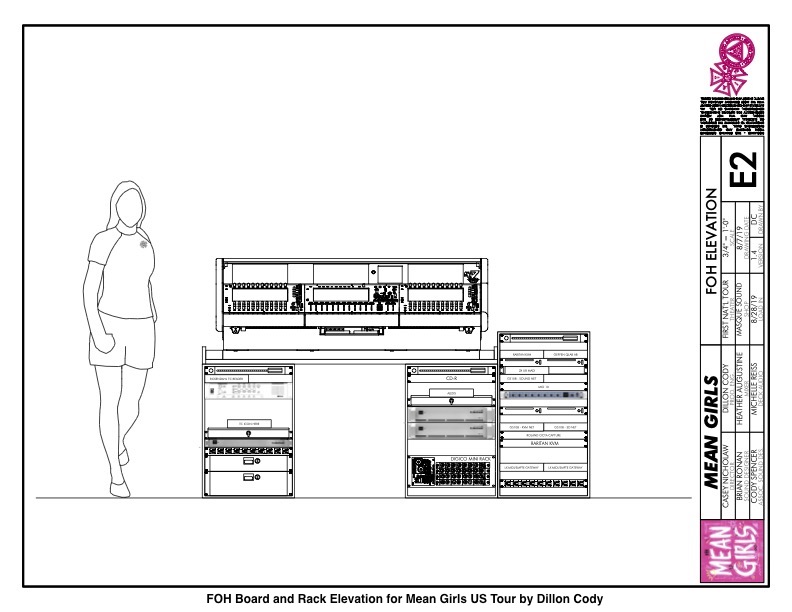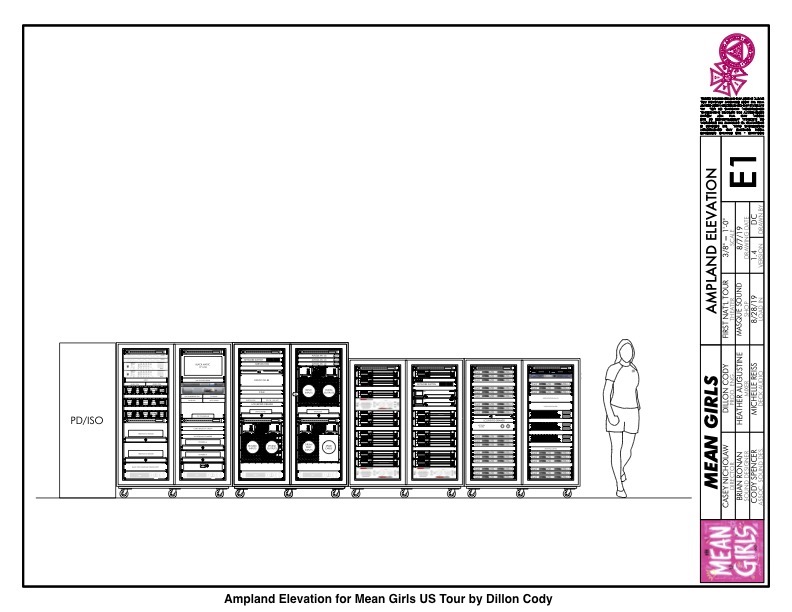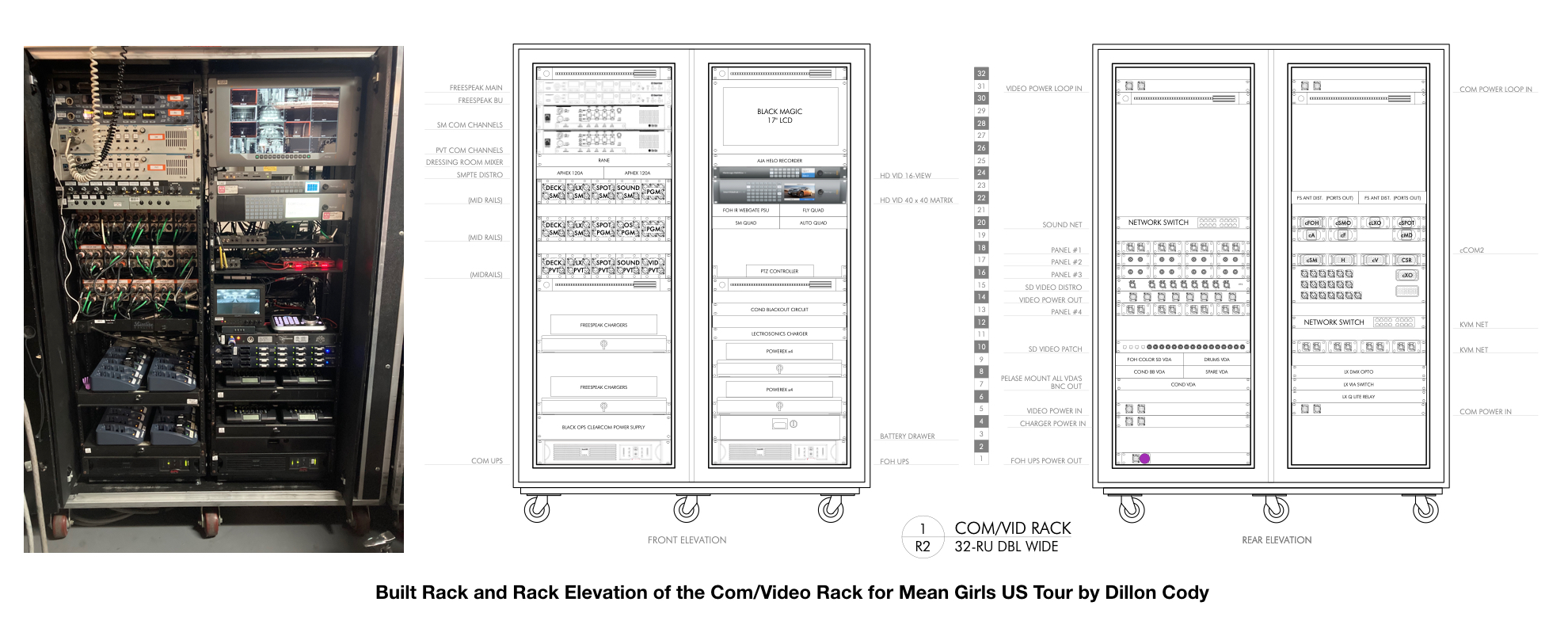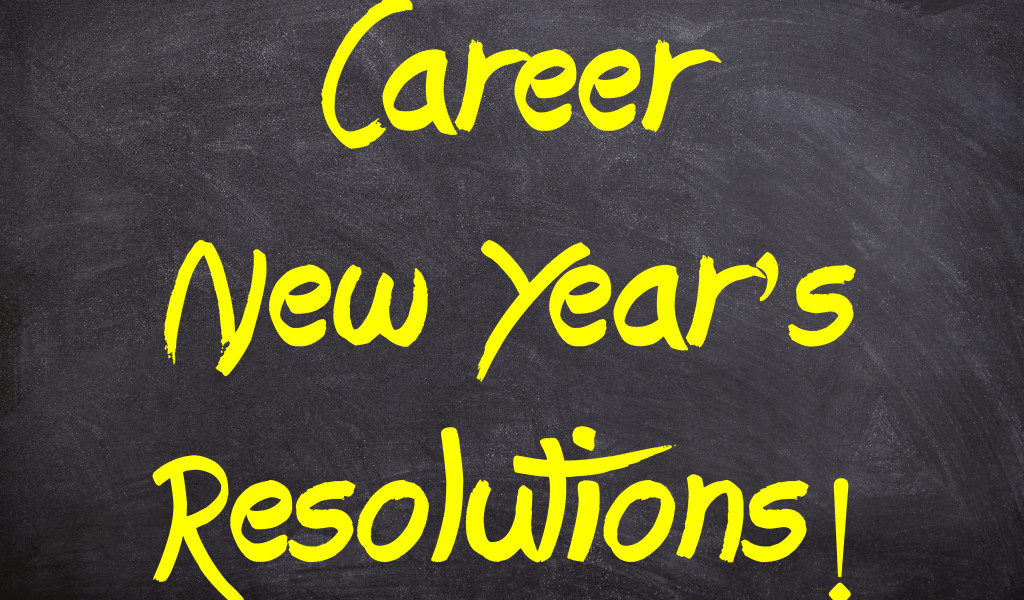
New Years Resolutions to Keep
If you’re seeking a promotion at work or are looking to make a job change, taking the time to enhance your skills and your qualifications will make it much easier to take the next step up the career ladder.
Individuals who continually upgrade their skills to keep pace with developments in their field will have the best chance of doing well in their career, both with their current employer and when job searching. Here are 10 ways to keep your job skills current and resume up to date
Time to Update Your Resume and Social Media
Before applying for jobs or internships – take some time to clean up your resumes and social media
Tips for resumes and social media
Industry Directories – Get Yourself Listed
Internships
Intuit QuickBooks’ Complete Guide To Filing Self-employment Taxes
Identify In-Demand Skills for Your Occupation
The first step in keeping your skills current is to identify the talents which employers value the most in your field. Review job titles for positions in your career field. Also review the top skills required by employers, both general and job-specific.
Get the Scoop
Speak with human resources staff at your current employer to gain more insight into the most preferred skills for your profession. Analyze the background of standout performers at your employer or stars from your professional associations and identify any skills that have helped them to excel.
Follow Industry Leaders on Social Media
Many corporate CEOs and industry leaders now post regularly on social media sites like LinkedIn in order to establish themselves as “thought leaders” or “influencers.” By following them on social media, you’ll be better able to identify new directions in your profession, learn about the skills employers most often seek in your field, and decide upon which skills would be the most important for you to focus upon.
Make a Professional Development Plan
Once you have identified your target skills, make a professional development plan to chart your career trajectory and then strengthen or gain the most in-demand skills for your occupation.
Attend a Workshop
Technology workshops or online tutorials are often offered by software providers and third-party groups. For example, there are free or low-cost online programming classes available.
Go to School
In addition, check with local colleges and adult education programs since they will often offer courses or seminars to help employees upgrade their knowledge and skills. Check out certificate programs and online educational courses you can take to revamp your skill set quickly.
Attend Professional Networking Events
Professional networking conferences are a great way to both build your professional conference list and to compare your skills to those of others in your career field.
Read Professional Journals
Professional journals and trade magazines are one of your best resources to keep abreast of technology developments in your industry and to track changes in best practices. By reading these regularly, you’ll be able to keep a running list of the rising areas where you might improve your knowledge.
Volunteer
Volunteer to take on projects at work or volunteer at organizations where you can develop and apply the skills you’re working on. Your ultimate goal should be to be able to document your key skills when you want to land a new job, gain a promotion, or justify a pay raise. Your volunteer work can be included on your resume just like paid work experience.
Develop Both Hard and Soft Skills
While it’s vital that you remain current on the hard skills of your profession (the job-specific skills you learned in college or in a training or certificate program), there is always room for improvement in interpersonal soft skills as well. Take a hard look at how well you communicate with others, organize your workflow or office space, or manage your time. If there are areas where you find yourself lacking, it may be time for you to focus on strengthening these soft skills.
More Tips For Updating Your Skills
Here are a couple of more tips to keep your skills updated.
Highlight Your Applicable Skills When Applying for Jobs
Be sure to reference your most relevant skills in your cover letters and resumes. It’s important that what you include in your job application materials is as close a match to the job as possible the closer a match you are, the better your chances of getting the job.
Start Over
Once you have done some or all of the above, start over. Keeping your skills current is an ongoing process. Technology is constantly changing, and your skills need to keep pace in order for you to be as marketable as possible.
If you plan on spending some time engaging in professional development on a regular basis, you’ll be able to upgrade your skills without too much effort. It’s easier to plan ahead than it is to scramble when you’re job hunting and realize that you don’t have the qualifications employers are seeking.
